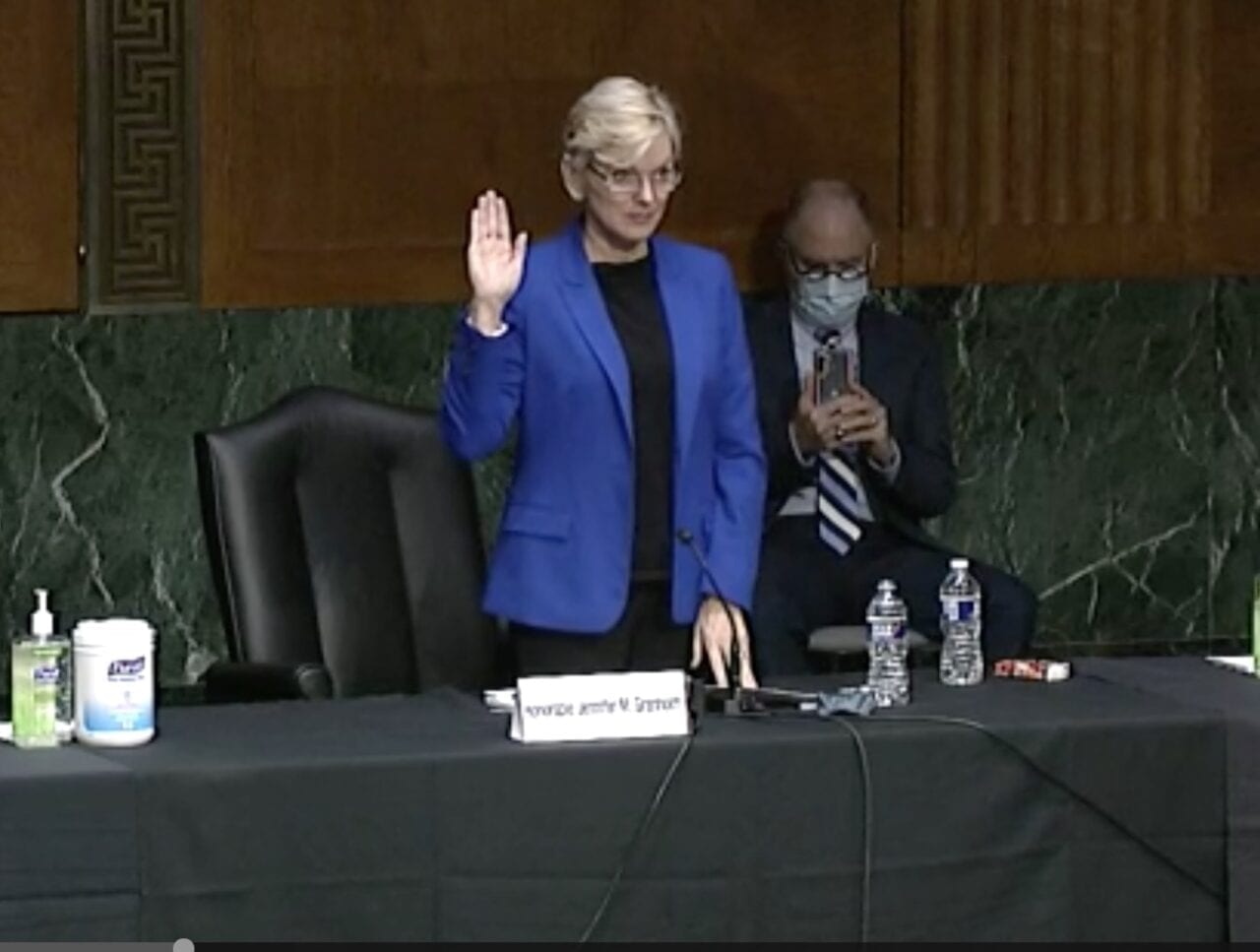
The Department of Energy should use consent-based siting to find a permanent geologic repository for spent nuclear fuel, Jennifer Granholm, President Biden’s energy secretary nominee, said Wednesday.
The former Michigan governor told Sen. Angus King (I-Maine)…